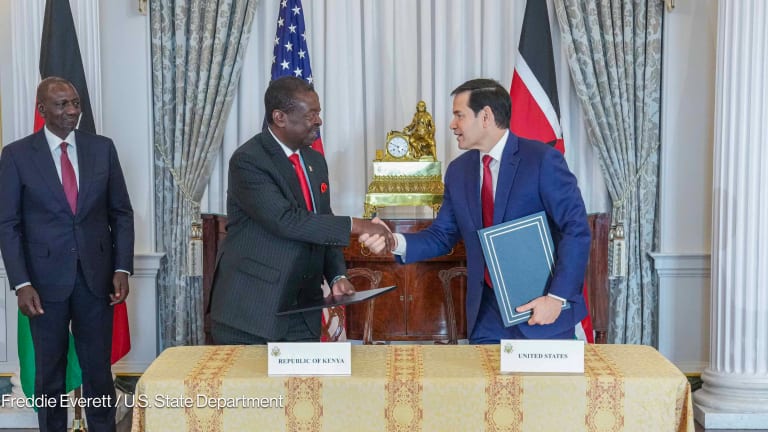Global public health programs, including those targeting HIV, have long been critical pillars of U.S. foreign policy and global development strategies. As U.S. Secretary of State Marco Rubio aptly puts it: “Every dollar we spend, every program we fund, and every policy we pursue must be justified with the answer to three simple questions: Does it make America safer? Does it make America stronger? Does it make America more prosperous?”
The U.S. President’s Emergency Plan for AIDS Relief, or PEPFAR, alongside other global health initiatives, answers these questions decisively.
Global health funding protects America from cross-border health threats. While HIV is not contagious and may not spread as rapidly as other infectious diseases such as COVID-19, untreated HIV weakens immune systems and contributes to comorbidities such as tuberculosis, which can spread easily across borders. By funding global health programs, the United States reduces the risk of pandemics that can destabilize regions and impact American citizens and military personnel abroad.








